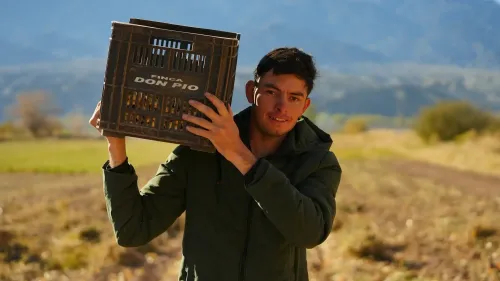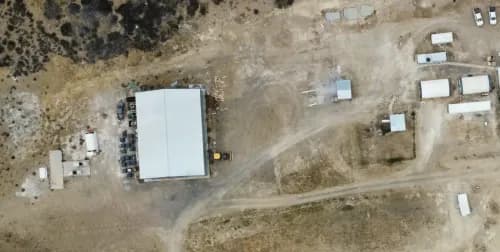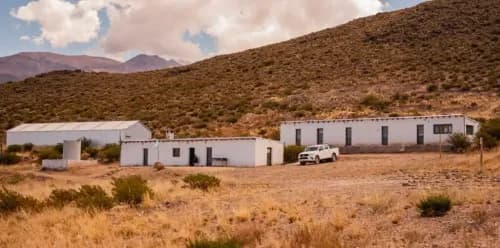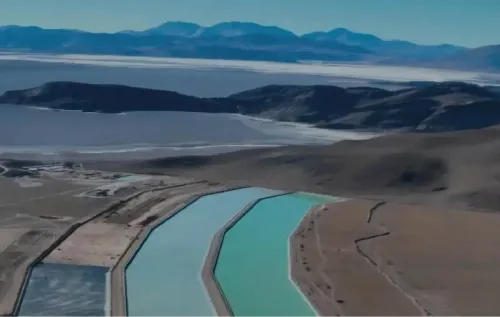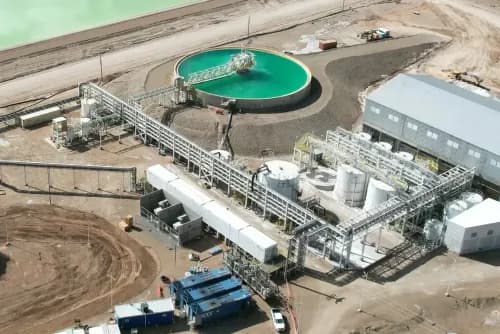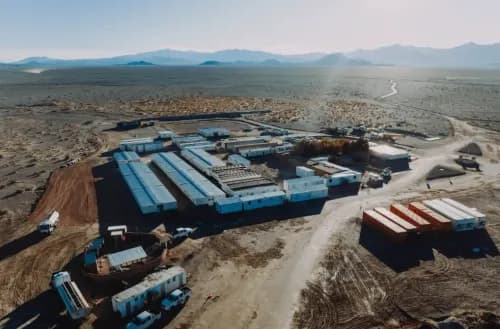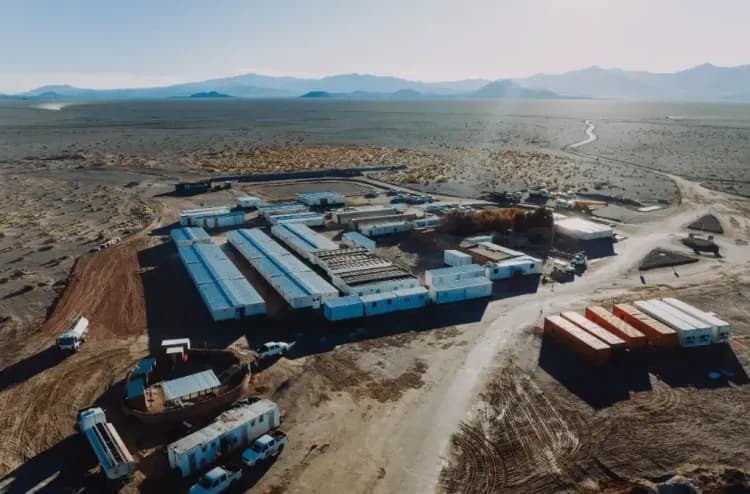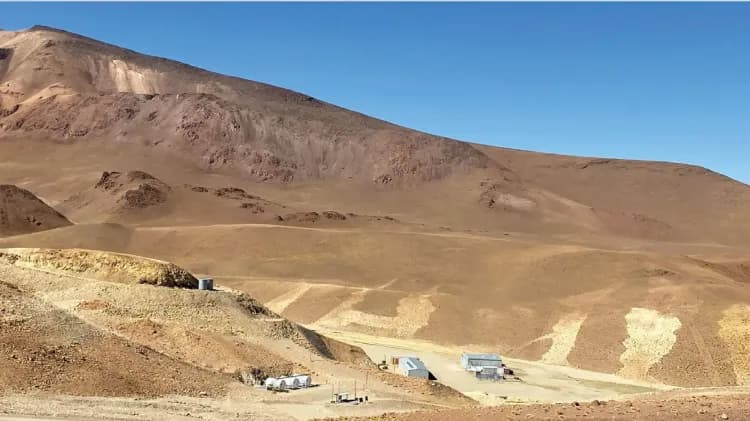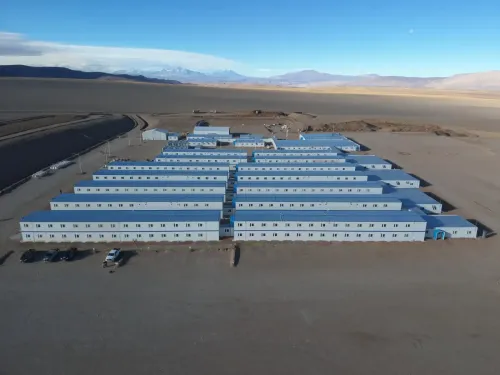Representatives from the MARA project welcomed Catamarca’s Minister of Mining, Marcelo Murúa, during his visit to the Alumbrera site. The delegation included provincial mining officials and members of Japan’s International Cooperation Agency (JICA), who were introduced to the mine closure plan and native species revegetation initiatives.
By Panorama Minero
The delegation toured key areas of the site, including Bajo El Durazno, the tailings dam, the concentrator plant, the truck maintenance workshop, and the Bajo la Alumbrera lookout. MARA’s technical team presented progress on environmental restoration efforts, including revegetation of waste dumps covering more than 119 hectares, and detailed the monitoring and environmental control systems used to oversee the closure process.

According to the company, the Alumbrera Mine Closure Plan is currently considered a "national model case study,” based on scientific evidence, international certifications, local supplier involvement, and independent environmental audits. The activities are carried out in accordance with the plan approved by the regulatory authority, under supervision from the Ministry of Mining, and aligned with Glencore’s global environmental standards.
Pablo Lilljedahl, MARA’s Institutional Relations Manager, emphasized the goal of “leaving a positive legacy for the province of Catamarca,” while reaffirming the company’s commitment to responsible mining at every operational stage. The approach frames mine closure not simply as an endpoint, but as a strategic and active phase within the mining life cycle.

Minister Marcelo Murúa praised the project, stating: “MARA is an example that our work is on par with the best operations in the world.” He highlighted the importance of understanding firsthand both the investment involved and the environmental care processes, particularly the revegetation work and maintenance of components that are either closed or on standby for potential reactivation.
Japanese Cooperation and Technical Training
The participation of the Japan International Cooperation Agency (JICA) added a strategic international component to the visit. The delegation's objective was to learn about real-world examples of sustainable mining in Argentina and to promote the KIZUNA Program, an initiative aimed at strengthening capabilities in the mining sector.
During the visit, opportunities for cooperation in technical training were discussed, including postgraduate scholarships, internships in Japanese mining institutions, and on-site training. These initiatives could open new development pathways for Argentine professionals while promoting knowledge transfer in advanced and sustainable mining technologies.

“This mine is large in scale compared to others around the world. You should be proud of your technology,” said Dr. Yoshitaka Hosoi, Senior Advisor at JICA. He also expressed hope that the new integrated project moves forward to support Argentina’s economic development.

